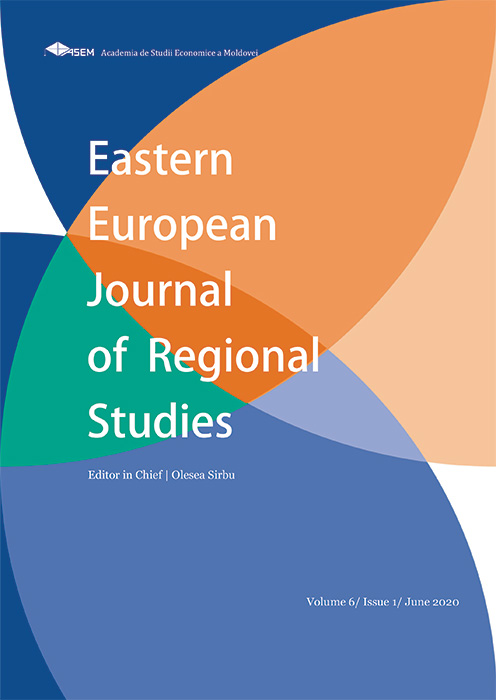The relationship between the European Union's economic power status and the economic convergence of the Member States
The relationship between the European Union's economic power status and the economic convergence of the Member States
Author(s): Tudor Mugurel Aursulesei, Ștefan Cătălin TOPLICEANU, Liviu-George MahaSubject(s): National Economy, EU-Approach / EU-Accession / EU-Development
Published by: Center for Studies in European Integration, Academy of Economic Studies of Moldova
Keywords: European Union; economic power; convergence; inflation rate;
Summary/Abstract: In this paper, we set out to look at where the European Union is located globally from an economic point of view. Let us observe what are the indicators that characterize European Union as a global economic power, at the same time, what are the indicators where union have problems. We consider it appropriate to observe whether the European Union's top-level indigenous people are internally influenced by the lack of convergence between the member states of the Union. All the Member States of the European Union have committed themselves to convergence, but over time we have noticed that convergence is often abandoned to the detriment of national interests. In the first part, we intend to observe the areas in which the European Union reflects the status of world economic power, using The World Bank`s indicators from 2013-2017. In the second part, we focused on an analysis of the following indicators, which determine a European Union deficit at the global level: GDP growth, unemployment rate and inflation rate. Finally, we propose to conclude if, for the three indicators, there is a correlation between the economic convergence between the European Union states and its world economic status.
Journal: Eastern European Journal for Regional Studies (EEJRS)
- Issue Year: 6/2020
- Issue No: 1
- Page Range: 24-43
- Page Count: 20
- Language: English

